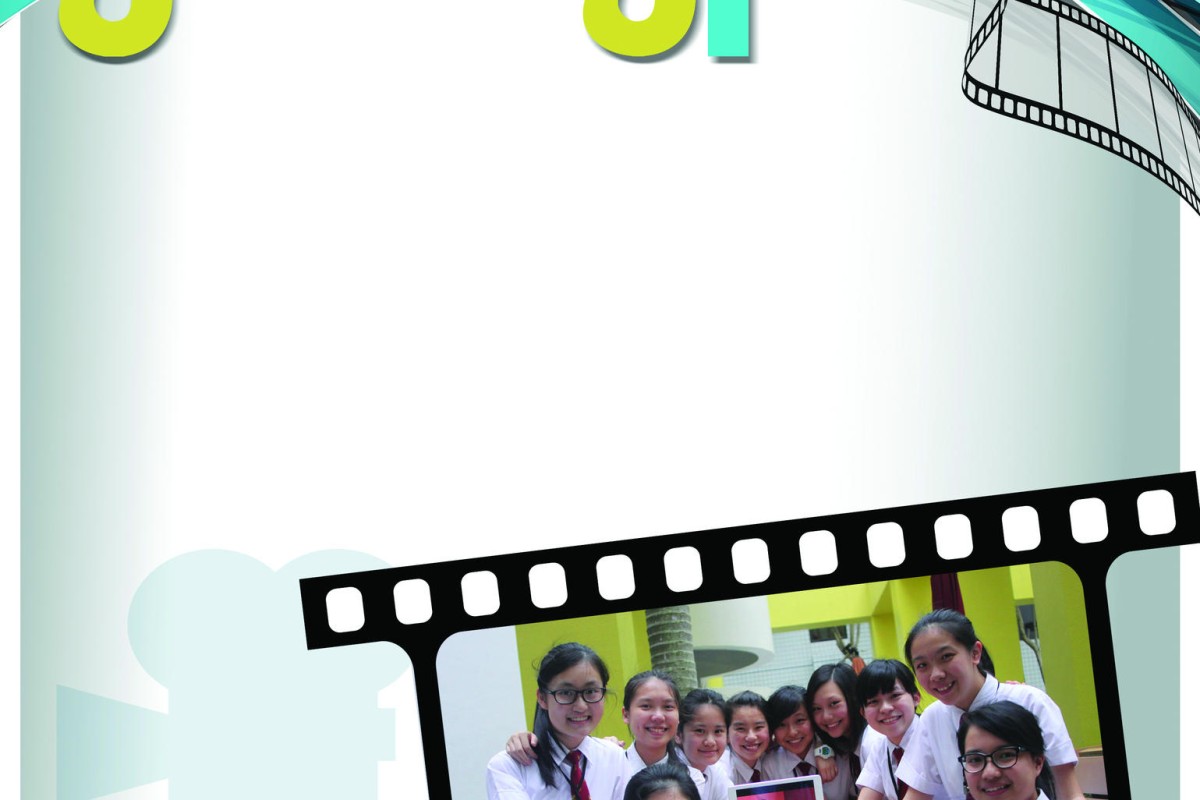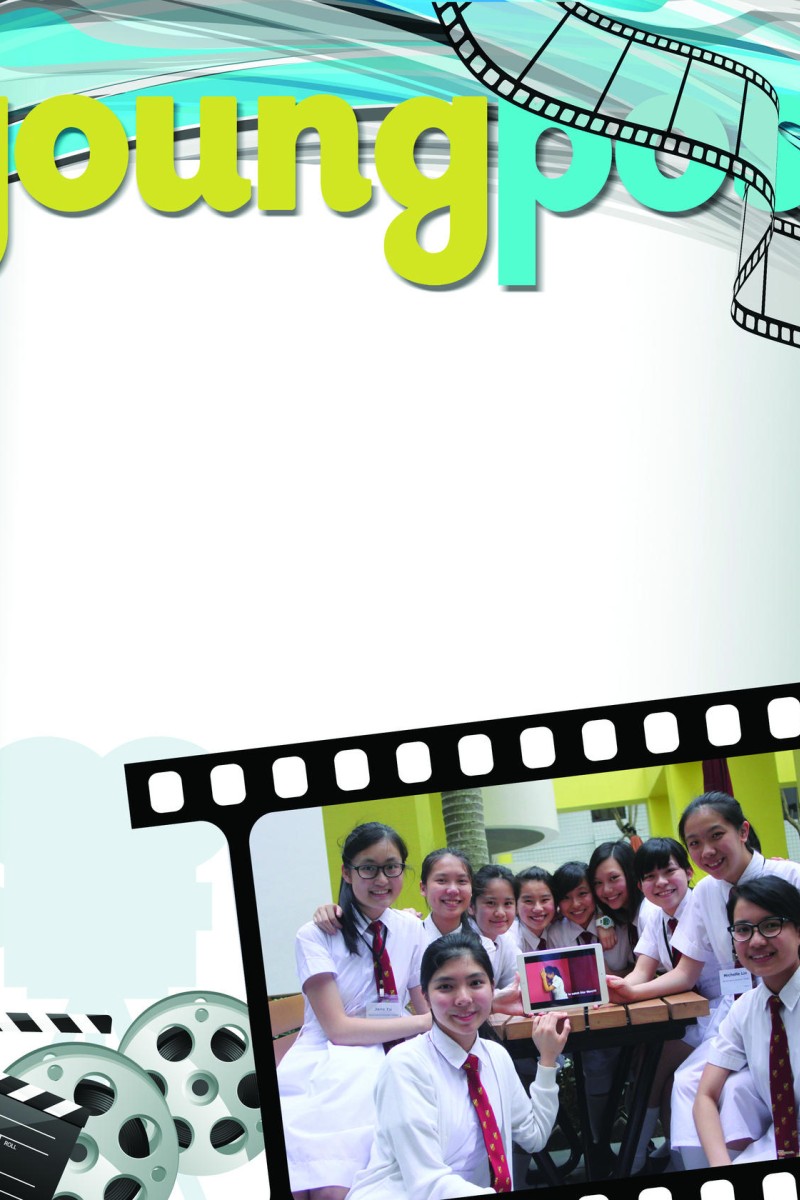
Intellectual property rights (IPR) don't exactly make the most fashionable topic. Many young people aren't interested in the damage they could be causing by illegally downloading music, TV shows and films online.
But a group of students at Sacred Heart Canossian College has shown that there's a lighter side to a serious issue. They've created a video as part of a campaign to raise awareness of IPR. In the video, instead of downloading a DVD, the students literally photocopy it.
"We wanted to use humour to bring out the message," says Michelle Lin Yen-yen, one of the students involved in the project. "This way, it'd be livelier, and viewers can get to grips with why they have to protect intellectual property rights. We wanted to make people laugh."
The students won this year's Hong Kong Intellectual Property Rights Contest, which was jointly organised by the Consulate General of the United States in Hong Kong and Macau, Junior Achievement Hong Kong, and the Hong Kong University of Science and Technology.
For the contest, which took place last month at the HKUST campus, 100 students from six different schools gathered to hear the views of experts, including government representatives and people working in the local film industry. By the end of the day, each team had to produce a short video about IPR - the idea that creativity should be protected by stopping people downloading music, film and software online without paying for them.
"We did some research online and found some common ways in which people breach IPR," says Michelle. "Then we picked the quirky ones and re-enacted them in our own funny way."
The first clip featured an audience taking selfies against a cinema screen with a movie playing. The second featured the magical photocopying machine, while the third shows someone downloading a movie online. When the progress bar is completed, a DVD falls from the sky.
Tiffany Yu Man-chi says the contest provided valuable insights on the topic for her and her teammates.
"Most people have a basic understanding of intellectual property rights," she says. "But today was the first time we've heard that even some species of plants and electrical circuit designs are protected by intellectual property laws."
People often infringe IPR because they don't realise what they are doing is wrong. For example, the Xiaomi box, made by Beijing-based tech firm Xiaomi, collects TV shows, movies, and even soccer matches online and displays them on TV.
"But many of these sources don't have approval from official distributors," says Tiffany.
The set-top television box is officially released only on the mainland, but a stroll in any shopping mall that sells electronics in Hong Kong will prove that they are not hard to buy here. Tiffany adds that just because things are easily accessible, it doesn't necessarily mean they don't infringe IPR.
US Consul General in Hong Kong, Clifford Hart, says it can be hard to show the damage caused by illegal downloading. If people don't get paid to create great TV shows or music, eventually they will stop doing so.
"What is hard for people to understand is almost everything we like to do today - wear cool clothes and buy cool computer software - would not exist if it wasn't for intellectual property protection," he says.
"It's a hard concept to take on board. What you want to do is you want to start influencing people when they are younger."
So is the message getting through? The answer lies in Tiffany and her teammates.
"If we start paying attention to copyright," says Tiffany, "we are allowing creativity to thrive in the long term."
